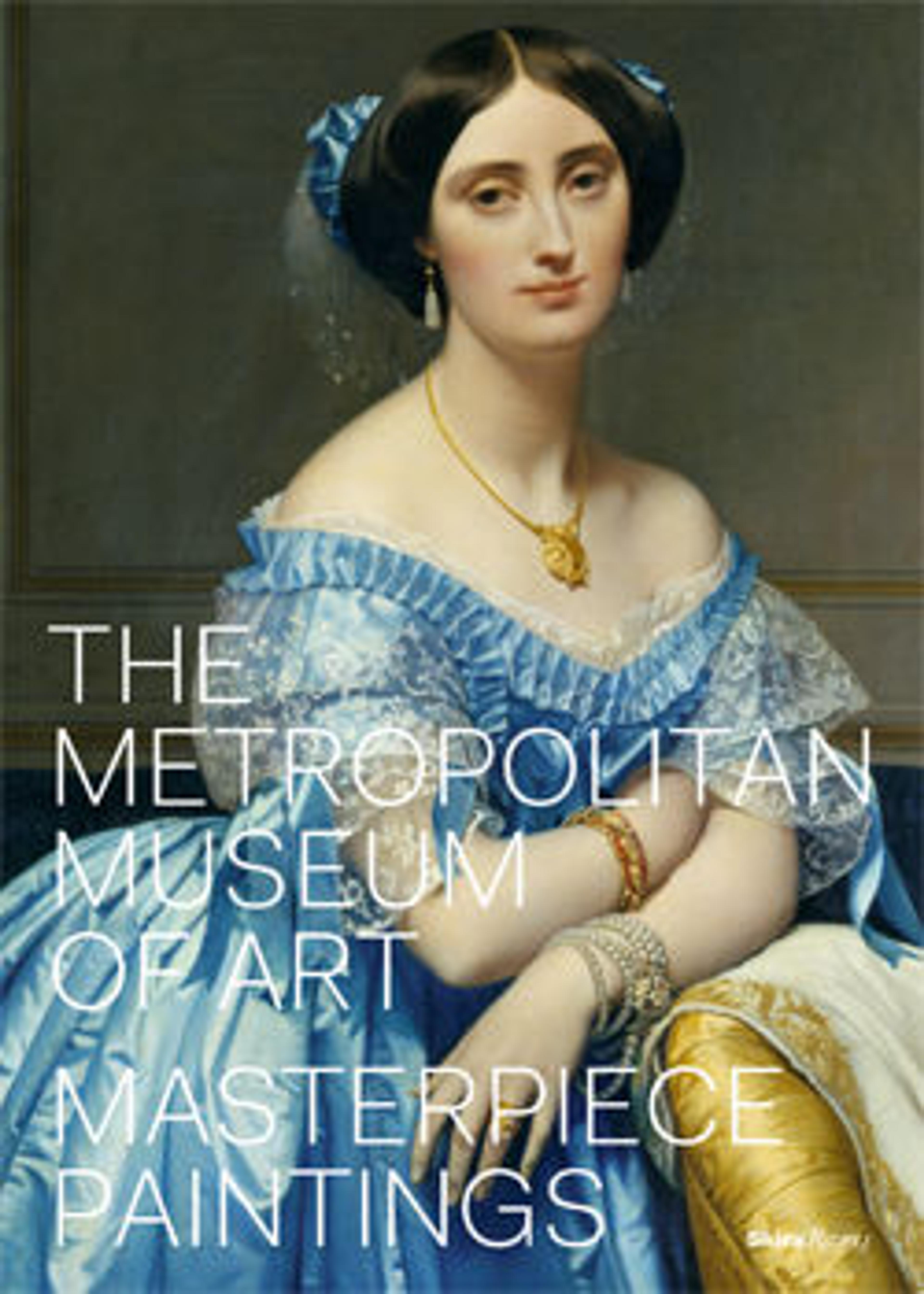Glass fragmentary beaker with painted decoration
Colorless; enamel-painted in blue, yellow, green, brown, brick red, and white.
Body with straight side, tapering downwards; band at bottom beveled by cutting.
Parts of three horizontal registers of painted decoration on exterior, divided by horizontal ground lines in yellow and red: at top, only part of a vertical object, possibly a leg and foot, in yellow and red survives; at center, two pairs of gladiators, one pair with round, the other with oblong shields - at left, a gladiator in a blue tunic defeats his opponent dressed in red, who has dropped his shield and falls backwards; above and between them a victory wreath and to either side small Greek letters, perhaps the names of the gladiators; at right, the gladiators are still fighting, the one to the left is dressed in yellow with his left leg also covered; only the large shield of his opponent has survived; at bottom, an animal hunt is depicted with two large cats at left - a blue-spotted leopard and a tawny yellow lion - and two deer fleeing to the left, one of which is being attacked from behind by the lion; in the field between the animals, patches of green indicate vegetation.
Two large conjoining fragments, broken on all sides; few bubbles; very little weathering.
Relatively few painted glass vessels have survived from antiquity. This example, although sadly incomplete, is decorated in a rich palette of colors with lively scenes representing gladiators and wild beast fights.
Body with straight side, tapering downwards; band at bottom beveled by cutting.
Parts of three horizontal registers of painted decoration on exterior, divided by horizontal ground lines in yellow and red: at top, only part of a vertical object, possibly a leg and foot, in yellow and red survives; at center, two pairs of gladiators, one pair with round, the other with oblong shields - at left, a gladiator in a blue tunic defeats his opponent dressed in red, who has dropped his shield and falls backwards; above and between them a victory wreath and to either side small Greek letters, perhaps the names of the gladiators; at right, the gladiators are still fighting, the one to the left is dressed in yellow with his left leg also covered; only the large shield of his opponent has survived; at bottom, an animal hunt is depicted with two large cats at left - a blue-spotted leopard and a tawny yellow lion - and two deer fleeing to the left, one of which is being attacked from behind by the lion; in the field between the animals, patches of green indicate vegetation.
Two large conjoining fragments, broken on all sides; few bubbles; very little weathering.
Relatively few painted glass vessels have survived from antiquity. This example, although sadly incomplete, is decorated in a rich palette of colors with lively scenes representing gladiators and wild beast fights.
Artwork Details
- Title: Glass fragmentary beaker with painted decoration
- Period: Mid-Imperial
- Date: ca. 2nd century CE
- Culture: Roman
- Medium: Glass; blown, cut, and cold-painted
- Dimensions: Overall (22.2.36): 3 15/16 x 2 1/2 in. (10 x 6.4 cm)
Overall (22.2.37): 5 5/16 x 2 3/4 in. (13.5 x 7 cm) - Classification: Glass
- Credit Line: Rogers Fund, 1922
- Object Number: 22.2.36, .37
- Curatorial Department: Greek and Roman Art
More Artwork
Research Resources
The Met provides unparalleled resources for research and welcomes an international community of students and scholars. The Met's Open Access API is where creators and researchers can connect to the The Met collection. Open Access data and public domain images are available for unrestricted commercial and noncommercial use without permission or fee.
To request images under copyright and other restrictions, please use this Image Request form.
Feedback
We continue to research and examine historical and cultural context for objects in The Met collection. If you have comments or questions about this object record, please contact us using the form below. The Museum looks forward to receiving your comments.
